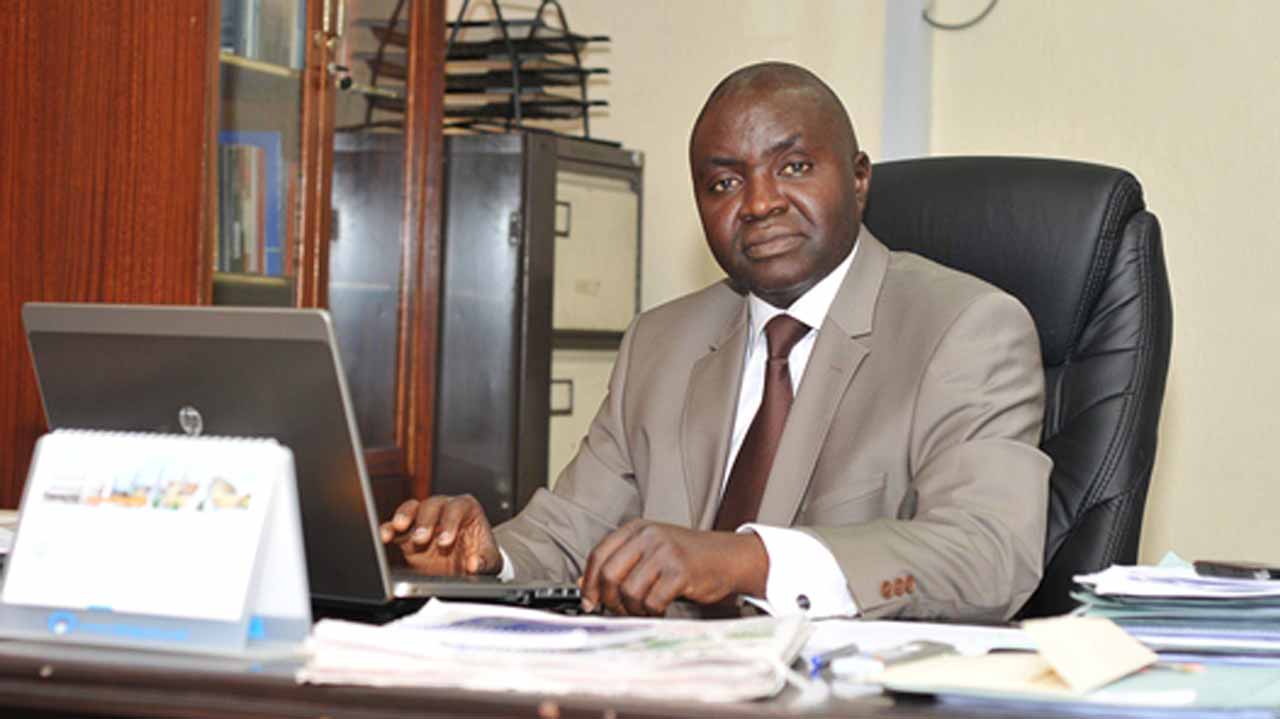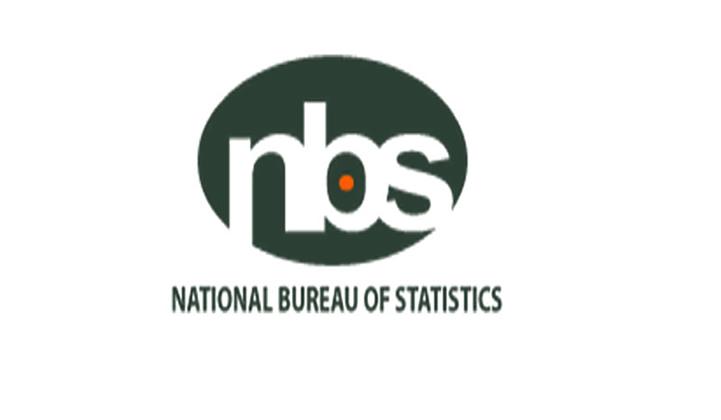
The Centre for the Promotion of Private Enterprise (CPPE) has called on the Nigerian government to enact a robust legal and policy framework to protect the rights of investors and employers, warning that the current imbalance in industrial relations is eroding investor confidence and threatening economic growth.
In a statement issued Sunday, CPPE Director and Chief Executive Officer, Muda Yusuf, said that while employee protections are well-established under Nigerian law, the same cannot be said for the employers and entrepreneurs who bear the economic risks of investment.
“Investors, entrepreneurs, and employers are the lifeblood of every modern economy,” Yusuf said. “Yet their rights and investments remain inadequately protected, particularly in the face of unrestrained industrial actions and excessive regulatory powers.”
Industrial Actions, Regulatory Uncertainty Raising Investment Risk
Yusuf highlighted four major threats to Nigeria’s investment climate:
- Weak legal protection for investors
- Unpredictable regulatory decisions
- Unrestrained labour union actions
- Bureaucratic and slow dispute resolution mechanisms
These, he said, have deterred both local and foreign direct investment, contributed to capital flight, slowed job creation, and undermined national competitiveness.
“Strikes in strategic sectors like energy, transport, and healthcare not only disrupt production but also threaten national security and public welfare,” Yusuf warned.
CPPE Recommends Investor and Employer Protection Act
To address these concerns, CPPE proposed the enactment of an Investor and Employer Protection Act. This law, Yusuf said, should:
- Codify the rights and obligations of investors, employers, regulators, and labour unions
- Criminalize coercion, intimidation, and unlawful shutdowns
- Introduce penalties and restitution for violations
- Establish a business rights tribunal for investor grievances
- Require regulatory impact assessments before major policy changes
- Enforce a “no retroactivity” rule in policymaking
- Introduce a five-year policy roadmap for investment planning
Stronger Arbitration, Strategic Sector Rules Suggested
Yusuf also recommended strengthening the Industrial Arbitration Panel (IAP) to fast-track the resolution of labour disputes and reduce the economic impact of prolonged strikes.
He called for the creation of an independent investment ombudsman office to mediate disputes between investors and government agencies.
In addition, CPPE proposed that industrial actions in critical sectors such as energy, ICT, health, and transport be subject to compulsory arbitration before unions can initiate strikes.
“Labour rights should end where those of employers begin,” Yusuf said. “We must strike a fair and equitable balance that protects both workers and job creators.”
Call for Transparency and Economic Reforms
The CPPE director urged the federal government to launch a public transparency dashboard that would track: Industrial actions and their economic impact, Regulatory decisions affecting investors and Complaints and dispute outcomes involving employers.
Yusuf emphasized that Nigeria cannot achieve sustainable growth, employment, or prosperity without safeguarding the interests of those who take financial risks to create jobs and wealth.
“Protecting investors and employers is not a privilege, it is an economic necessity,” he stated.



